Signal processing I. - KMXJK5ABNE
Academic year/semester: 2024/25/2
ECTS Credits: 7
Available for: Only for the faculty’s students
Lecture hours: 2
Seminarium:0
Practice: 0
Laboratory: 2
Consultation: 0
Prerequisites: KMEMT6ABNE
Course Leader: Zsolt Markella
Faculty: Kandó Kálmán Faculty of Electrical Engineering, 1084 Budapest, Tavaszmező utca 17.
Course Description:
Aim of the course: To learn about the characteristic parameters of deterministic signals in measurement practice, and to discuss methods of extracting the necessary information from the signals. Introduction to the basics of digital signal processing.
Competences:
-
Topics:
1. Determination of deterministic and stochastic signals. Classification of deterministic signals.
2. Time-domain and amplitude-domain characteristics of periodic signals, interpretation and measurement of mean characteristics.
3. Time-domain description of signal transmission in linear networks, the convolution operation. Synthesis of complex signals from elementary signals (power function, jump signal, Dirac pulse).
4. Classical and metrological form of the Fourier series of periodic signals. Representation, calculation, measurement, applicability.
5. Complex Fourier series of periodic signals (interpretation, calculation).
6. Derivation, interpretation, calculation of the Fourier transform of aperiodic signals.
7. Applications of frequency domain characteristics of signals: signal power, signal energy, Parseval\\\'s theorems. Investigation of signal transmission in the frequency domain.
8. Frequency dependence of the gain and phase shift of an ideal delay. Group delay time characteristics.
9. Purpose and types of sampling: mathematical and physical, periodic, random, variable interval. Fourier spectrum evolution for periodic mathematical sampling. Theorems of mathematical sampling.
10. Signal recovery after regular sampling. Cases of irregular sampling: undersampling and oversampling. The anti-overlap filter. Equivalent time sampling.
11. Post-sampling signal recovery with real filter and sampler-holder circuit, interpolation (zero-order, first-order, higher-order). The relation between finitetime sampling, sampling and modulation. Effect of windowing functions.
12. The essence of discrete Fourier transform, algorithms for fast Fourier transform, applications. Advantages and potential for error in digital processing of analogue signals.
13. Definition of digital signal, basic types, digital frequency. Elements of digital filters. Construction of FIR filters, characteristics of their frequency dependence.
14. Construction of IIR filters, definition of frequency dependence. Implementation methods and applications of digital filters. Vibration analysis of complex mechanical systems using the kepstrum method
Assessment: To pass the exam, you must attend the lectures regularly and complete the required measurement exercises. The examination is oral.
Exam Types:
Final Exam
Compulsory bibliography: -
Recommended bibliography: Dr. Nagy Vince: Rendszertechnika (kézirat) Széchenyi István Egyetem, 2001. Ferenczy Ödön: Hírközléselmélet (Műszaki Könyvkiadó, 1976.) Dr. Schnell László szerk: Jelek és rendszerek méréstechnikája (Műszaki Könyvkiadó, 1985.) Dr. Fodor György: Lineáris rendszerek analízise (Műszaki Könyvkiadó, 1974.) Dr. Simonyi Ernő: Digitális szűrők (Műszaki Könyvkiadó, 1984)
Additional bibliography: -
Additional Information: -



